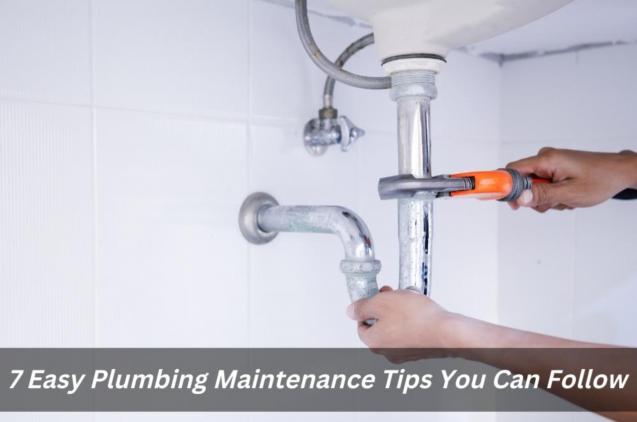
Pipe Maintenance 101: Essential Tips for Longevity and Efficiency
Pipes play a crucial role in the functionality of various systems within our homes, from plumbing to heating. Proper maintenance is essential to ensure their longevity and efficiency. In this article, we will explore some fundamental pipe maintenance tips to help you avoid potential issues and keep your systems running smoothly.
Regular Inspections
Regular inspections are the cornerstone of effective pipe maintenance. Conduct visual checks for any signs of leaks, corrosion, or damage. Addressing minor issues early can prevent more significant problems down the line. Pay attention to joints, connections, and exposed pipes, and promptly repair or replace any compromised components.
Keep Pipes Clean
Maintaining clean pipes is vital for optimal performance. Over time, pipes can accumulate debris, sediment, and mineral deposits that restrict water flow. Use appropriate cleaning solutions or hire professionals for periodic cleaning. This ensures efficient water circulation and reduces the risk of clogs and blockages.
Insulate Exposed Pipes
Exposure to extreme temperatures can lead to pipe damage, especially during colder months. Insulating exposed pipes helps prevent freezing and subsequent bursting. Insulation materials, such as foam sleeves or fiberglass, provide a protective barrier, maintaining a consistent temperature and safeguarding your pipes against the harsh elements.
Monitor Water Pressure
High water pressure can strain your pipes, leading to leaks and damage. Install a pressure gauge to monitor water pressure regularly. If the pressure exceeds recommended levels, consider installing a pressure regulator to protect your pipes from unnecessary stress.
Address Leaks Promptly
Even minor leaks can escalate into significant problems if left unattended. Regularly check for leaks and address them promptly. Ignoring leaks not only wastes water but can also cause structural damage over time. Fix leaks with the appropriate materials or seek professional assistance if needed.
Protect Against Corrosion
Corrosion is a common issue that can compromise the integrity of your pipes. Consider installing corrosion-resistant pipes or applying protective coatings. Regularly inspect pipes for signs of corrosion, such as rust or discolored spots, and take corrective measures to prevent further deterioration.
Schedule Professional Inspections
While regular DIY inspections are essential, scheduling professional inspections is equally crucial. Professionals can conduct thorough assessments, identifying potential issues that may go unnoticed during routine checks. A professional inspection provides peace of mind and ensures that your pipes are in top condition.
Pipe Maintenance Tips for Radiators
If you have radiators in your home, it’s essential to include specific maintenance tips for these heating devices. Regularly bleed your radiators to remove trapped air, ensuring efficient heat distribution. Additionally, check for any leaks or corrosion on radiator pipes and address them promptly.
Conclusion
Proactive pipe maintenance is key to preventing costly repairs and ensuring the longevity of your home’s systems. By incorporating these tips into your regular maintenance routine, you can enjoy the benefits of efficient water flow, reduced energy consumption, and a well-functioning home. Remember to stay vigilant, conduct regular inspections, and seek professional assistance when needed.
For more detailed information on pipe maintenance tips, visit Pipe maintenance tips.







